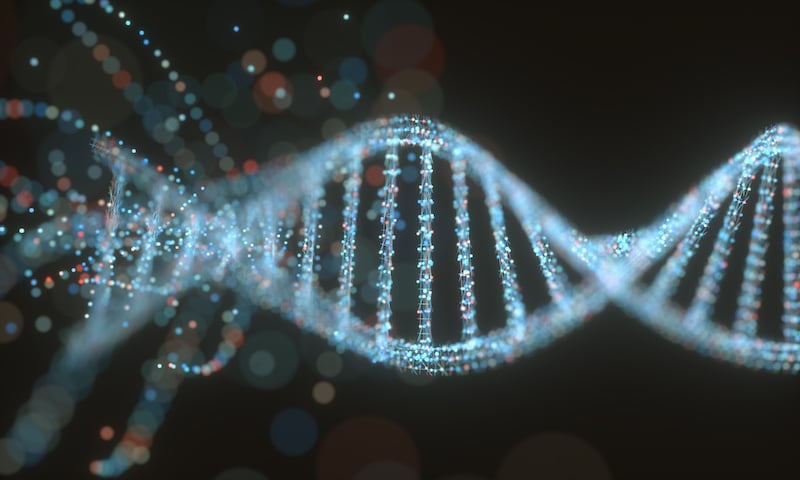
Researchers from Perth’s Harry Perkins Institute of Medical Research have led a study that uncovered changes in a gene associated with a rare and severe form of muscular dystrophy.
The study, conducted with two Australian families—one of Pakistani descent and the other of European descent—identified three children diagnosed with limb-girdle muscular dystrophy (LGMD), a condition linked to mutations within the gene JAG2.
LGMD primarily affects muscles around the hips and shoulders and leads to progressive muscle weakness and, in severe cases, loss of mobility.
The three children demonstrated muscle weakness symptoms starting in infancy and early childhood, and their concerned parents sought help in uncovering the cause of the rapidly progressive muscle weakness.
A/Professor Gina Ravenscroft from the Perkins and The University of Western Australia, said “Our team discovered new mutations in JAG2 as the likely cause of the rapidly progressive muscular dystrophy in these chidlren. These mutations were not previously associated with muscular dystrophy.
“This study broadens the knowledge of JAG2 mutations that can lead to muscular dystrophy and may help other LGMD families around the world receive an accurate genetic diagnosis.
“This discovery doesn’t just offer more information to families desperately seeking answers, it underscores the importance of early diagnosis and genetic counselling for families who may be at risk of passing this condition on to other children in the future and can inform family planning.”
Further research is needed to determine the role of these variants and to explore potential treatments, offering hope for better outcomes for those affected by this serious condition.
Read the full paper here: https://www.nmd-journal.com/article/S0960-8966(24)00144-5/fulltext
